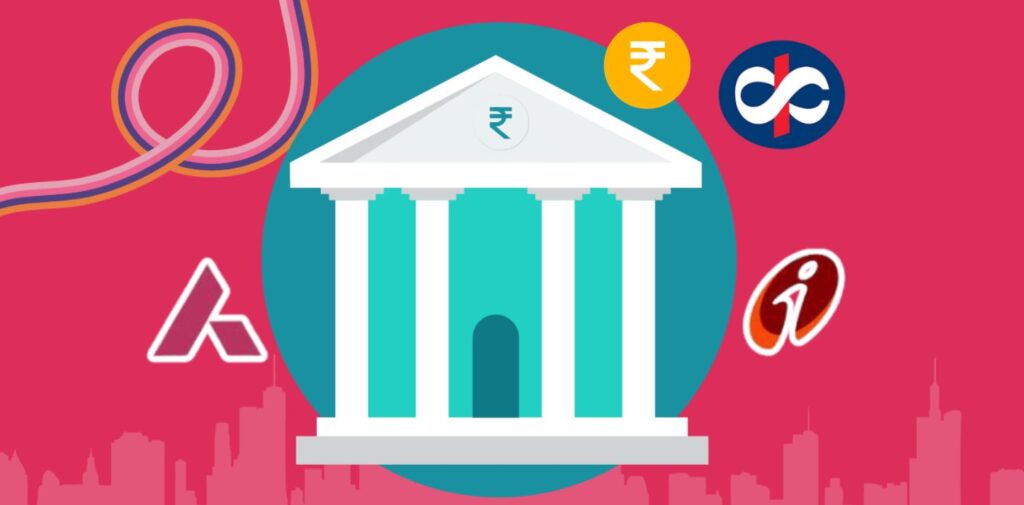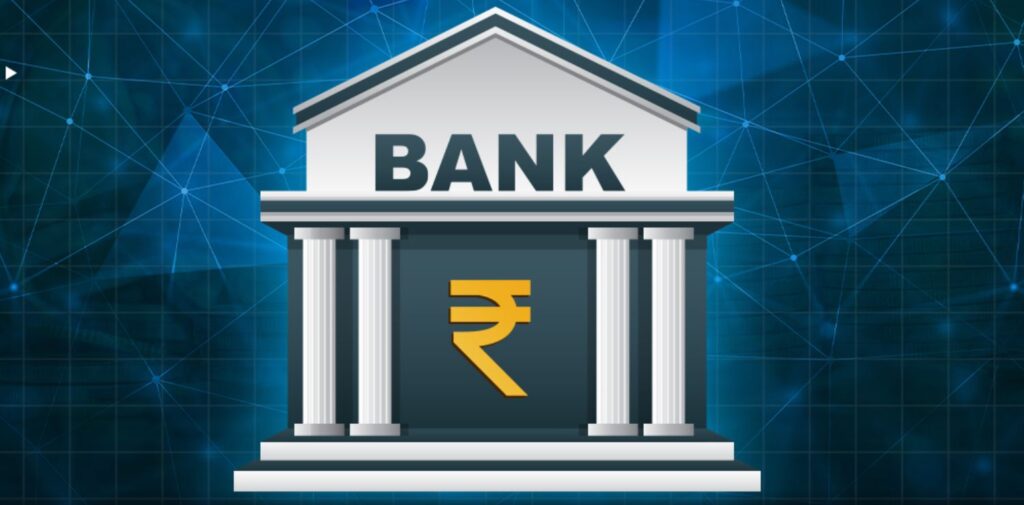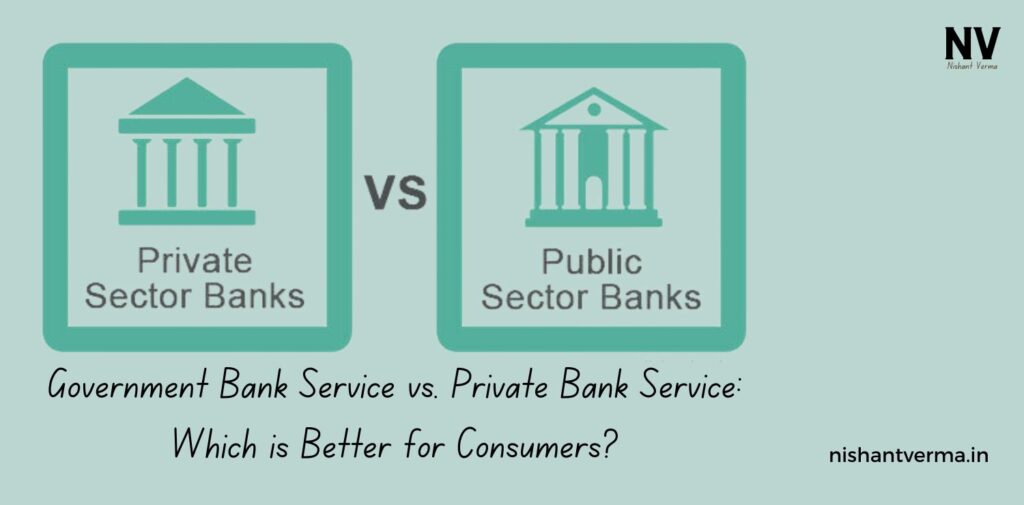In today’s financial landscape, consumers have a wide range of choices when it comes to banking. One of the most common dilemmas faced by individuals is deciding between government-owned banks and private-sector banks. Both types of banks offer similar services such as savings accounts, loans, credit cards, and fixed deposits, but they operate differently in terms of management, customer service, interest rates, and overall approach. So, which is better for consumers? The answer depends on individual needs and preferences, as both government and private banks have their pros and cons.
Let’s dive deeper into the advantages and disadvantages of Government Bank or Private Bank service to help you decide which might be the right choice for you.
Understanding Government Banks
Government banks, also known as public sector banks, are owned and operated by the government. These banks are often considered more reliable because they are backed by the government, giving them a sense of stability and security. Some of the largest banks in the country fall into this category.
Advantages of Government Banks
- Security and Trust: One of the biggest advantages of government banks is the trust factor. Since these banks are owned by the government, people believe that their money is safer here. The chances of a government bank going bankrupt are very low, and in times of financial crisis, the government is likely to step in to protect depositors.
- Wider Reach in Rural Areas: Government banks tend to have a large presence, especially in rural and semi-urban areas. This makes them accessible to people from all walks of life, including those who live in remote locations where private banks may not have branches.
- Lower Service Charges: Generally, government banks charge lower fees for services like account maintenance, fund transfers, and ATM withdrawals. This makes them a cost-effective choice, particularly for people with modest incomes.
- Subsidized Schemes and Benefits: Government banks are often linked to government welfare schemes. If you’re eligible for certain subsidies, grants, or pensions, having an account in a government bank can make it easier to receive these benefits directly into your account.

Disadvantages of Government Banks
- Slower Customer Service:One of the common complaints about government banks is that their customer service tends to be slower. Due to larger bureaucratic structures, it might take more time to resolve issues like loan approvals, account discrepancies, or complaint redressals.
- Limited Digital Services:While government banks are improving in terms of digital services, they still lag behind private banks when it comes to online banking, mobile apps, and other digital tools. For tech-savvy customers, this can be a drawback.
- Less Personalized Banking:Government banks often have a high volume of customers, and as a result, they may not offer as much personalized attention or customer care. This can lead to a feeling of being just another number in the system.
Understanding Private Banks
Private sector banks, as the name suggests, are owned by private entities. Over the past few decades, private banks have become very popular, especially in urban areas. They are known
for their focus on customer service and innovation.
Advantages of Private Banks
- Faster and Efficient Services: Private banks are known for their quick and efficient services. They often have streamlined processes, meaning tasks like opening an account, applying for a loan, or resolving issues are typically faster than in government banks.
- Innovative Products and Services: Private banks are generally more flexible when it comes to offering innovative products like higher interest savings accounts, special loan schemes, or premium credit cards. They also tend to adopt the latest technology faster, providing customers with a smooth digital banking experience.
- Superior Customer Service: Customer service is a strong point for private banks. With dedicated relationship managers, 24/7 customer support, and a more personalized approach, customers often feel more valued at private banks.
- Advanced Digital Banking: Private banks usually lead in providing robust digital banking options. Whether it’s mobile banking apps, quick fund transfers, or real-time notifications, private banks excel at making banking more convenient through technology.

Disadvantages of Private Banks
- Higher Charges and Fees: While private banks offer top-notch services, they come with a price. Private banks often charge higher fees for account maintenance, fund transfers, ATM usage, and other banking services. This can add up, especially for those with smaller balances or lower income.
- Less Presence in Rural Areas: Private banks are more focused on urban and semi-urban markets. If you live in a rural area or a small town, you may find it hard to locate a private bank branch nearby. This can be inconvenient for customers who still rely on in-person banking.
- More Aggressive in Cross-Selling Products: Private banks often try to cross-sell various financial products like credit cards, insurance policies, or investment schemes. Some customers may find this aggressive marketing annoying, especially if they feel pressured to purchase products they don’t need.

Key Factors to Consider When Choosing Between Government Bank and Private Bank
- Customer Support and Service:If fast and attentive customer service is important to you, then a private bank may suit your needs better. On the other hand, if you’re looking for basic banking services without needing too much support, a government bank could be a good fit.
- Accessibility:If you live in a rural area, or if you need to regularly visit a branch, then government banks usually have a much larger network of branches and ATMs across the country. However, if you are comfortable with digital banking and mostly operate online, private banks can provide a more tech-friendly experience.
- Cost of Services:For those who want to keep banking costs low, government banks are typically the better choice. If you’re willing to pay higher fees for faster and more personalized service, then private banks may be worth considering.
- Loan and Interest Rates:Government banks generally offer lower interest rates on loans, which can be beneficial if you are looking for home loans, personal loans, or educational loans. Private banks, while quick to process loans, often charge higher interest rates.
- Security and Stability:If the security of your funds is a top priority, then a government bank backed by the state may give you peace of mind. However, private banks in India are also governed by strict regulations and offer a safe environment for your deposits.
Conclusion: Which is Better for You?
Both government and private banks have their own unique strengths and weaknesses. Choosing between the two ultimately comes down to your personal preferences and needs. Are you looking for low-cost services, trust, and security? Or do you prefer personalized service, faster processing, and advanced digital features?
Each consumer’s situation is different, so the “best” bank varies from person to person. Now, it’s your turn to decide. What do you value most in a banking service? Share your thoughts and let us know which type of bank works better for you and why!




